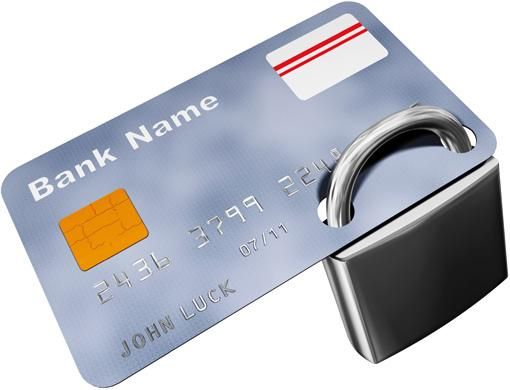Dubai: Most credit card firms have "zero liability" policies. This means that you won't be held responsible for any fraudulent charges made with your card or account information.
But that doesn't mean you need not bother yourself over it. For one, losing a card can be too much of a hassle.
Angelina, the expatriate from India who lost her card while travelling, spent a few months of endless phone calls and e-mails before her card issuer decided to free her of the bogus charges.
So, while financial institutions are continually working to stay ahead of criminals and protect cardholders, you need to do your part as well, says Paul Rodgers of Vendorcom.
Before you travel, alert your bank or card issuer. Tell them where you are going and how long you will be away. This will help them be on the lookout for potentially fraudulent activity and notify you quickly should anything odd catch their attention.
"Even more importantly, this will reduce the chance the bank will freeze your account while you're away. Also, tell your bank how to contact you while you're away by giving them your personal e-mail address and/or mobile phone number and check your e-mail and mobile at least daily," advises Rodgers.
Keep a separate record of your bank and credit card customer services' contact information, as well as card numbers and expiration dates. They will come in handy when you lose your card.
"Never put your PIN on the card or in your wallet. Only carry the cards you need. Frequently check your account online to identify erroneous charges. It's quicker than waiting for monthly paper statements," advises Vimal Kumar, head of the credit cards department at Mashreq.
When you don't need them, keep your cards in a hotel safe or never stuff everything - cash and cards - in a wallet or handbag, says Gurnos Stonuary of Nexus.
"Insurance can be taken out on your credit cards so that in the event that money is taken without your authorisation, you will be able to claim the money. However, be aware of the conditions of any such policy, as you may be required to have a police report to act on the insurance claim," Stonuary suggests.
When you're not travelling or you're just ordering something on the phone, Kumal says you should not give your account number unless you know the company and you made the call.
In most cases, you will be asked for your full card number, expiration date and the name that appears on the card. So, if you trust the company you're ordering from, divulge these details, including your middle initial, if it is shown on the card.
You might also be asked for the three digit-numbers on the back of the card. The security code, referred to as CVV2 or card verification value, helps validate that you actually have the card in front of you as you place the order and that the account is legitimate.
"Think about where you are and who might be able to hear you. Don't place credit card orders in crowded or public places. It would be way too easy for someone nearby to hear you and write down all the information you are providing over the phone and use it again later to make unauthorised purchases," Rodgers adds.
When shopping online, cardholders are advised to only use sites that they can be sure are authentic. Beware of e-mails requesting for personal information, especially when they come from companies that should already have such data.
"Never follow links in e-mails to banks or credit card companies. Just type in the main domain address and follow links from the homepage," Rodgers points out.
To ensure the online merchant is reputable, check the website's privacy policy. A reputable website often has a clearly stated privacy policy in an accessible place, says Denzil Lawson, general manager for Middle East and Levant for MasterCard Worldwide.
"Make sure you learn all you can about the offer and how to contact the company if you have questions... Find the company's address and telephone number. Your computer browser can tell you if the place where you are about to send the information to is secure. If you cannot determine this, do not put your payment card information on the internet," Lawson stresses.
What to do if you own a credit card
- Guard your credit card details (card number, expiry date and the card verification value code) at all times.
- Keep a copy of all your identification, as well as the 1-800 numbers and account numbers for your cards in a safe place at home.
- Sign your card as soon as soon you receive it. n Never keep your PIN with your credit card. Memorise it.
- Keep all your monthly statements in a safe place. When it lands in the wrong hands, your credit card statement is as good as the card in terms of gaining access to your account.
- Compare receipts to your monthly statements. Immediately report any questionable charges.
- Never leave cards unattended in a car, office or changing room where, a thief could easily find them. n If you pay at a restaurant, either ask for a portable POS (point of sale) machine to be brought to your table or accompany the waiter to the payment terminal. It's okay to be over-protective.
- When you lose your card, report it immediately. What to do if you own a credit card tips













